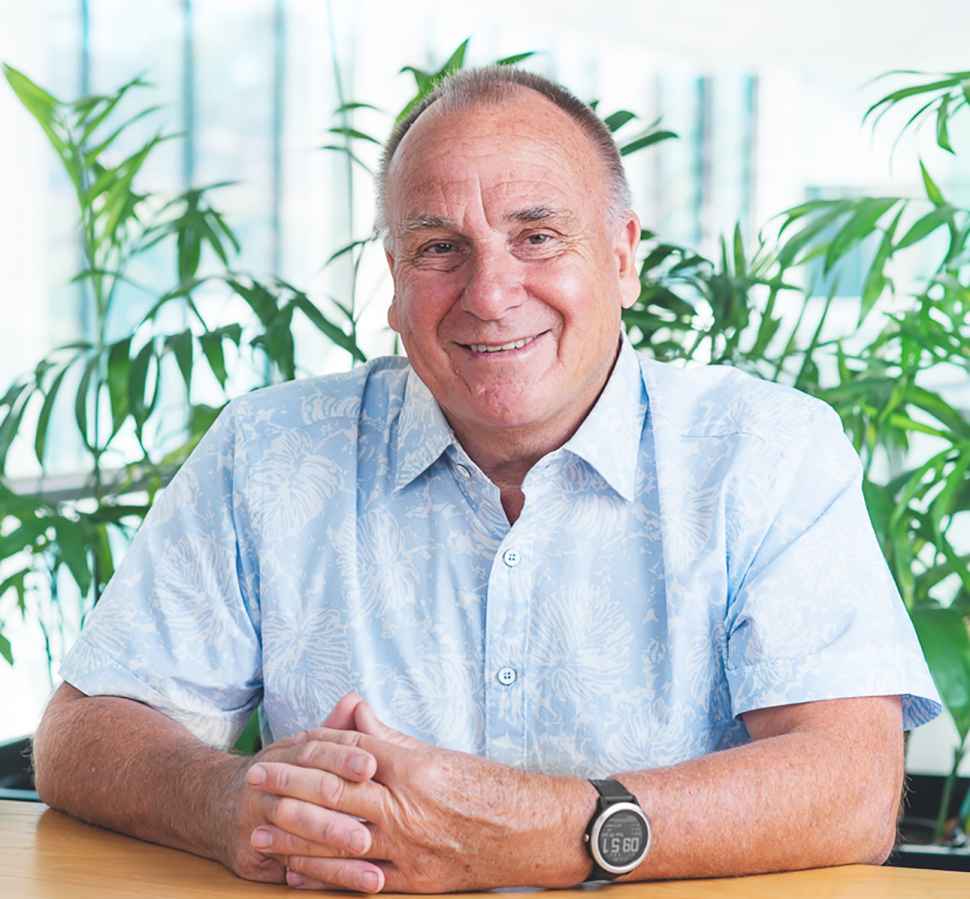Education, community and service
Violence and bullying are global issues. In particular, our young people are affected by bullying in schools.
Developing effective programs to deal with the consequences and trauma associated with violence are high priorities for governments across the world and in Australia.
Flinders University research is leading the way in creating evidence-based intervention programs to combat bullying.
This research theme brings together research skill sets to address issues of wellbeing, violence and disability across education and community sectors.
Violence and bullying prevention
Violence is a public health and human rights issue resulting in considerable trauma for all those affected. Violence can take many forms, but the most common form experienced by children and young people is bullying.
Its sequelae are physically harmful, psychologically damaging and socially isolating, impacting not only the victim but the perpetrator and bystanders. Identifiable associated outcomes include, amongst others, depression, anxiety and suicidal ideation.
For example, economic modelling indicates that for the one in five young Australians who are seriously victimised the cost to society in terms of illness, medication, psychological care and reduced academic performance exceeds $0.5 billion annually.
Ongoing school-based intervention programs developed at Flinders University are translated and implemented in countries including Japan, Greece, Malta and Italy demonstrate robust and sustainable reductions in the levels of victimization, and enhanced coping skills and mental health and wellbeing.
Other research investigates the impact of domestic violence on women, engaging men to address domestic violence, and service provision for Aboriginal communities experiencing family violence.
Flinders’ partners include Education Services Australia, the South Australian Department for Education, Catholic Education South Australia and the Flinders Centre for Student Wellbeing & Prevention of Violence (SWAPV) Joint Research Laboratory in association with the University of Bologna’s Joint Research Laboratory and the University of Bolzano.
Student Wellbeing and Prevention of Violence (SWAPv)
SWAPv is dedicated to making a difference to the health and wellbeing of young people′s lives by focusing on promoting mental health and preventing violence in educational settings.
Our research is leading the way in creating evidence-based intervention programs to combat bullying.
Theme lead

Professor Phillip Slee
College of Education, Psychology and Social Work
Phillip Slee is Professor in Human Development in the College of Education, Psychology and Social Work and is a trained teacher and registered psychologist.
He is also Director of the Student Wellbeing & Prevention of Violence (SWAPv) Research Centre at Flinders.
Phillip has published extensively in the field of child development, bullying, school violence and stress, and has produced educational resources in the form of videos and resource packages.
He has presented his work nationally and internationally in workshops and lectures. Presently, Phillip is undertaking a number of international research projects on the topic of school violence with researchers from Japan, Korea, China, Canada, England, and the USA.College of Education, Psychology and Social Work.
![]()
Sturt Rd, Bedford Park
South Australia 5042
South Australia | Northern Territory
Global | Online


